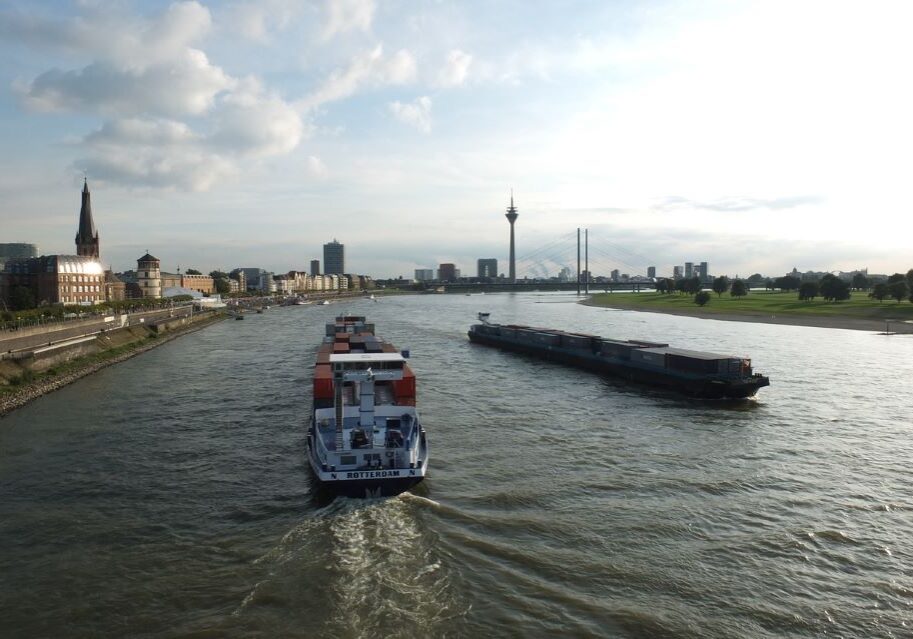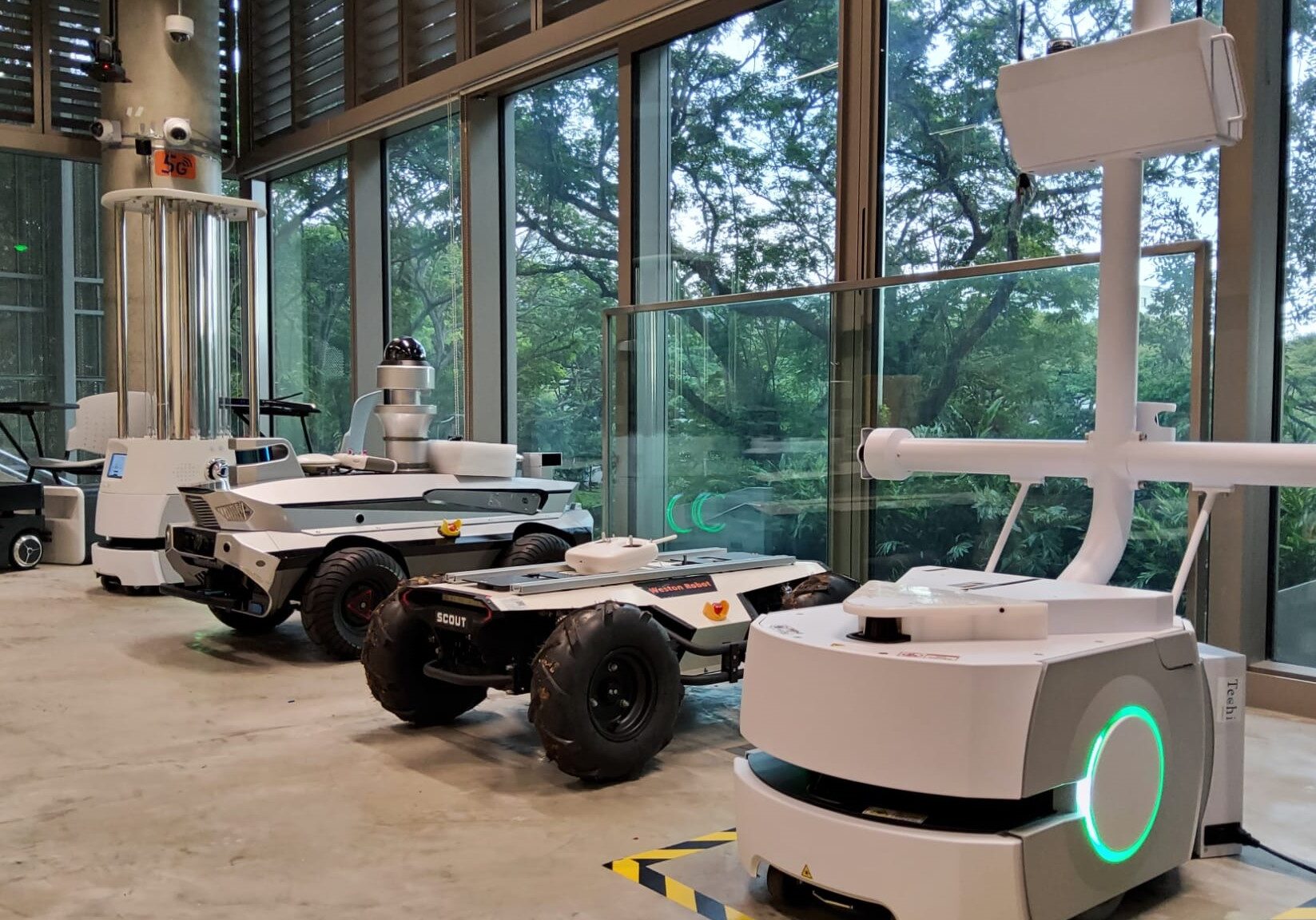The Global Maritime Issues Monitor lists critical issues impacting the maritime industry, which are existing and potential sources of disruptions.
Digital technologies are becoming increasingly powerful tools as the maritime industry embraces digital transformation and digitalisation.
The maritime ecosystem consists of diverse stakeholders, each playing a vital role in driving growth and innovation in the industry.
ABOUT THE PROGRAMME
MAritime Digital Efficiency (MADE) is a research programme analysing the interplay between digital technologies and disruptions in the maritime industry.
...whether they be existing or new geopolitical conflicts, inflationary pressures and the recessionary environment, climate change weather events, or other issues yet to emerge.
Launched by the NUS Centre for Maritime Studies (CMS), MAritime Digital Efficiency (MADE) is a research programme analysing the interplay between digital technologies and disruptions in the maritime industry.
The Centre focuses on a few research areas, including but not limited to:
- Energy Efficient and Sustainable Shipping
- Human Resource Management
- Safety and Training

Research Objectives
01
Insights
Identify, publish and share meaningful research insights
02
Scenarios
Define realistic and critical prospective scenarios
03
Strategies
Assist the maritime sector stakeholders in devising digitally efficient strategies
MAGAZINE
This section features articles from expert guest contributors who share their views on critical issues and developments that shape the maritime supply chain.
Note: The opinions expressed by the authors are their own and do not reflect the views of the National University of Singapore and/or the Centre for Maritime Studies.
ISSN 3041-0991
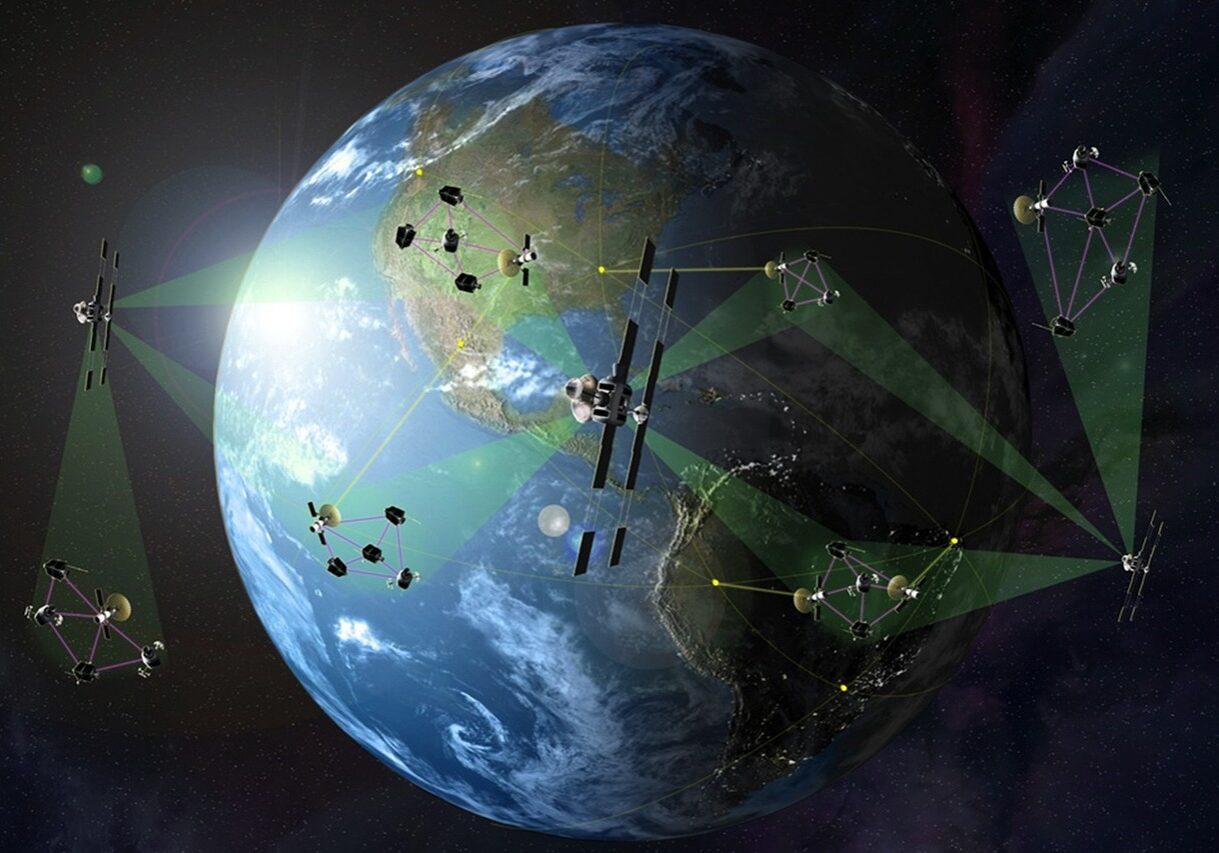
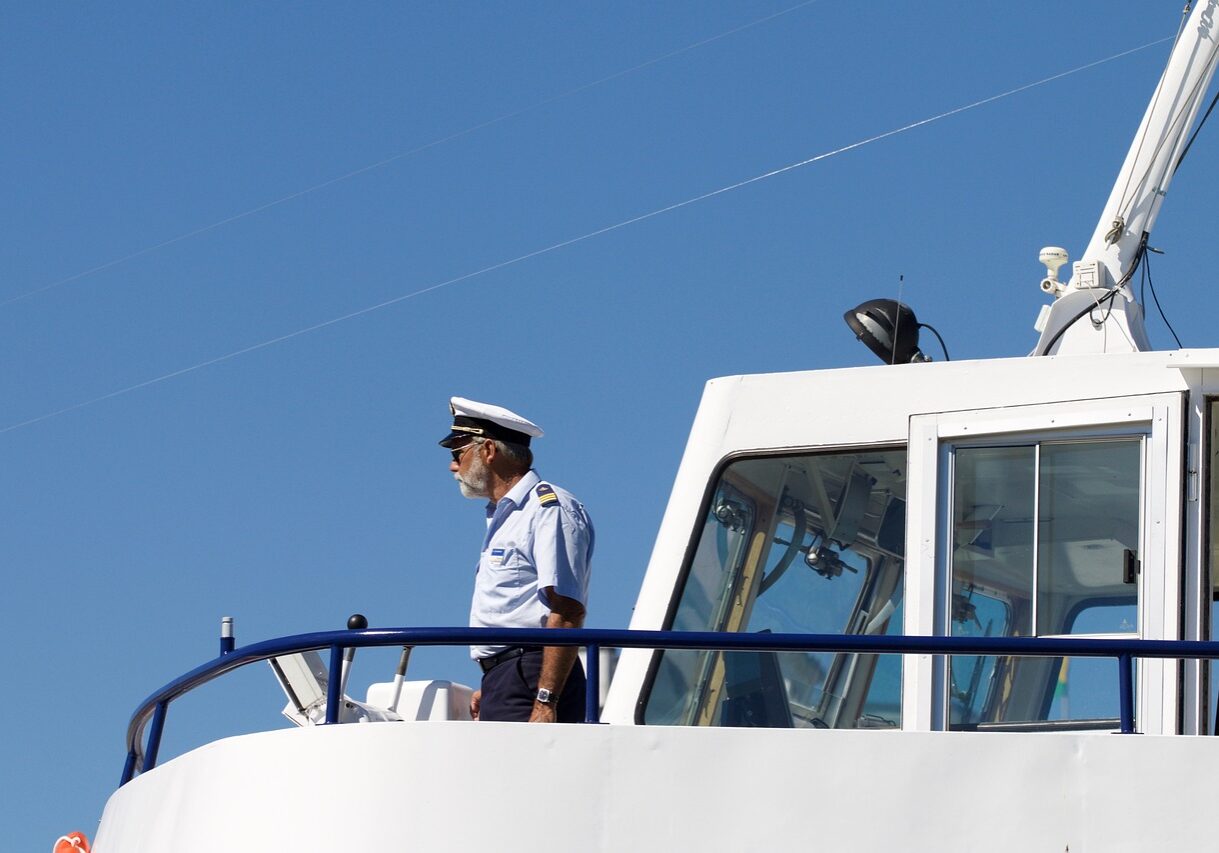
Join the conversation
Please email Syahirah at muya@nus.edu.sg if you are keen to contribute an article to the MADE magazine. We welcome topic suggestions from various disciplines that align with your research interests.
TEAM
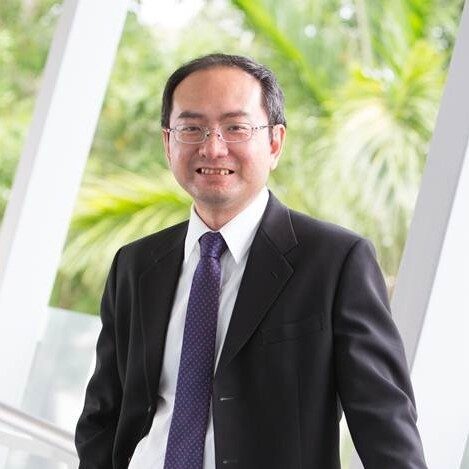
Goh Puay Guan
Associate Professor
Goh Puay Guan is a Principal Investigator of MADE. He is Associate Professor in the Department of Analytics and Operations at the NUS Business School. He is Track Leader for Shipping and Logistics Transportation; Multimodal freight Infrastructure Planning & Management; Technological Innovation and Commercialisation at NUS Centre for Maritime Studies.
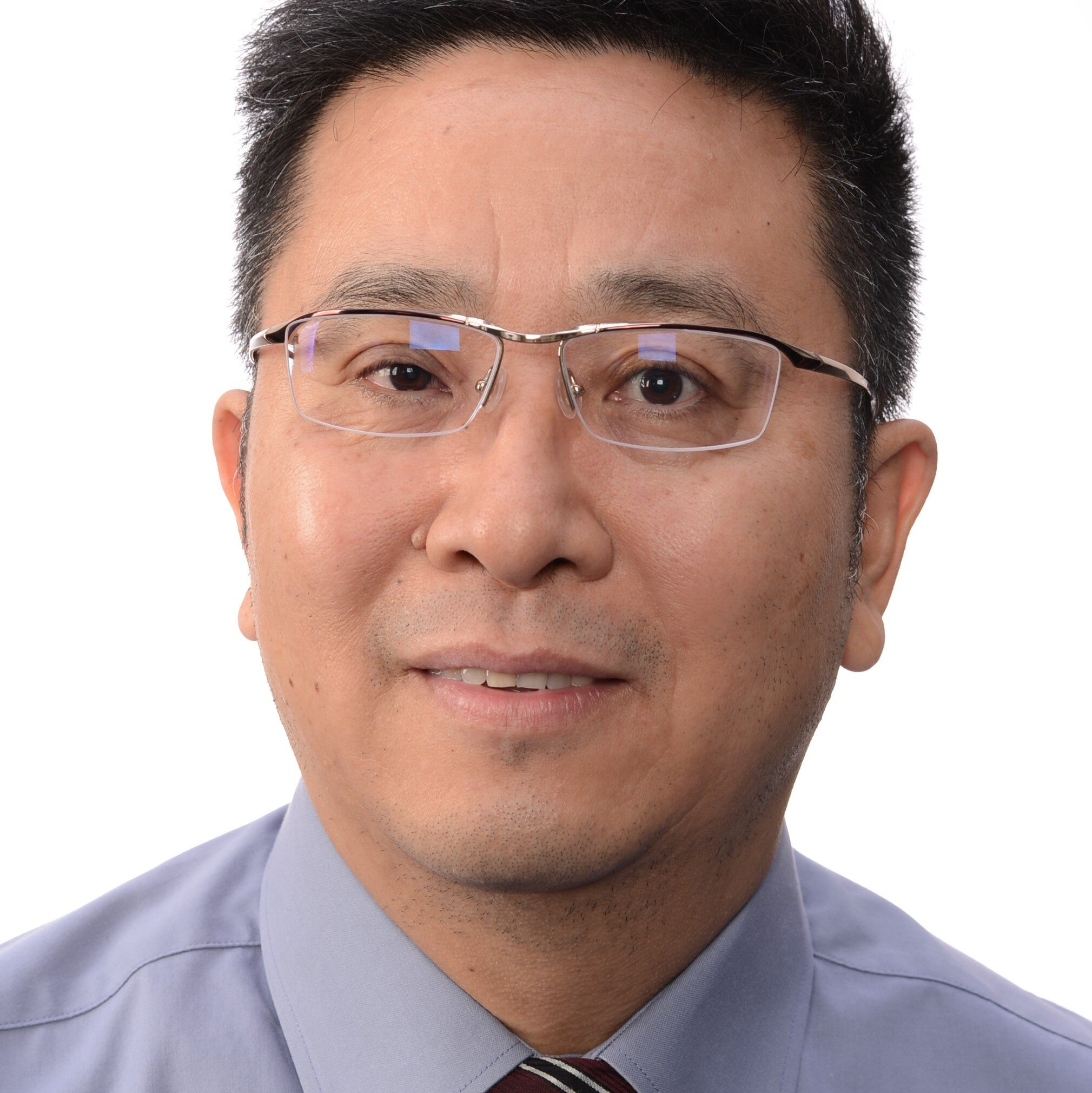
Meng Qiang
Professor
Qiang Meng is a Co-Principal Investigator of MADE. He is Professor in the Department of Civil and Environmental Engineering at the NUS College of Design and Engineering. He is Track Leader for Shipping and Logistics Transportation; Maritime Vessel and Navigation Simulation at NUS Centre for Maritime Studies.

Syahirah Muyassarah Bte Aziz
Research Assistant
Syahirah is a Member of MADE. She is Research Assistant at the NUS Centre for Maritime Studies.
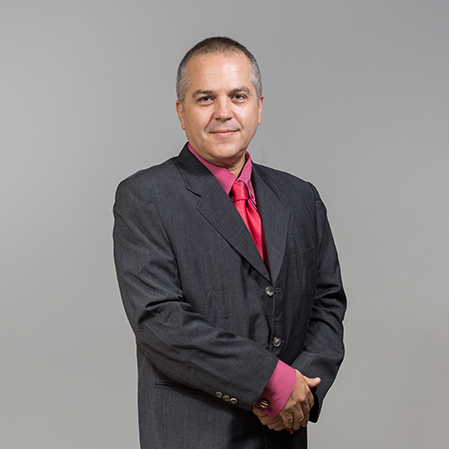
Stéphane Bressan
Associate Professor
Stéphane Bressan was the Principal Investigator of MADE. He was Associate Professor in the Department of Computer Science at the NUS School of Computing. He was Track Leader for Maritime Information Technologies at NUS Centre for Maritime Studies.





